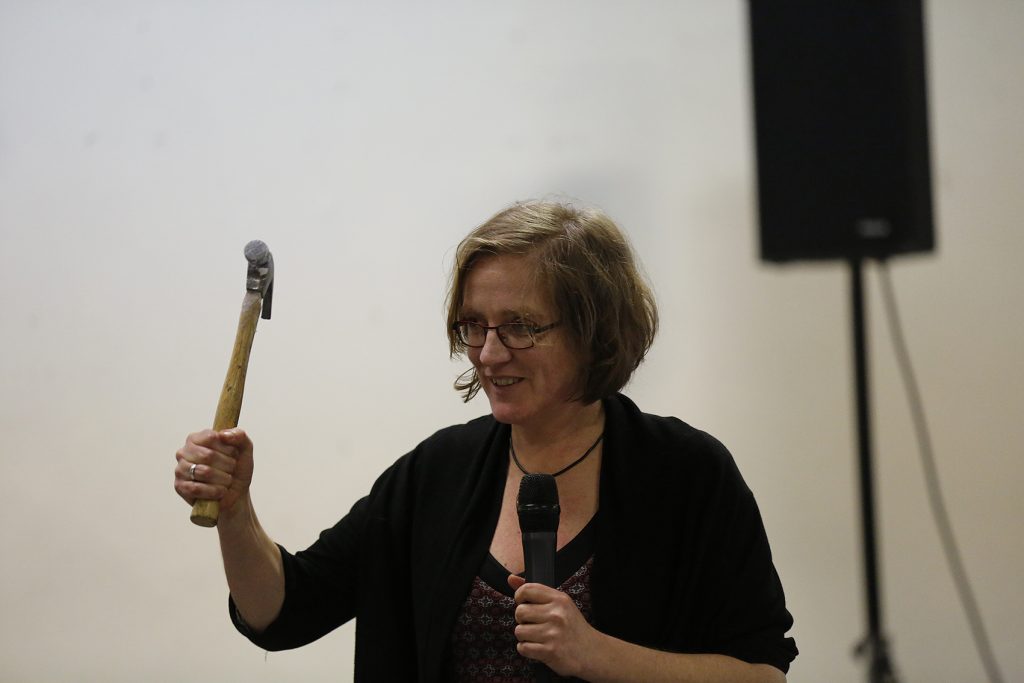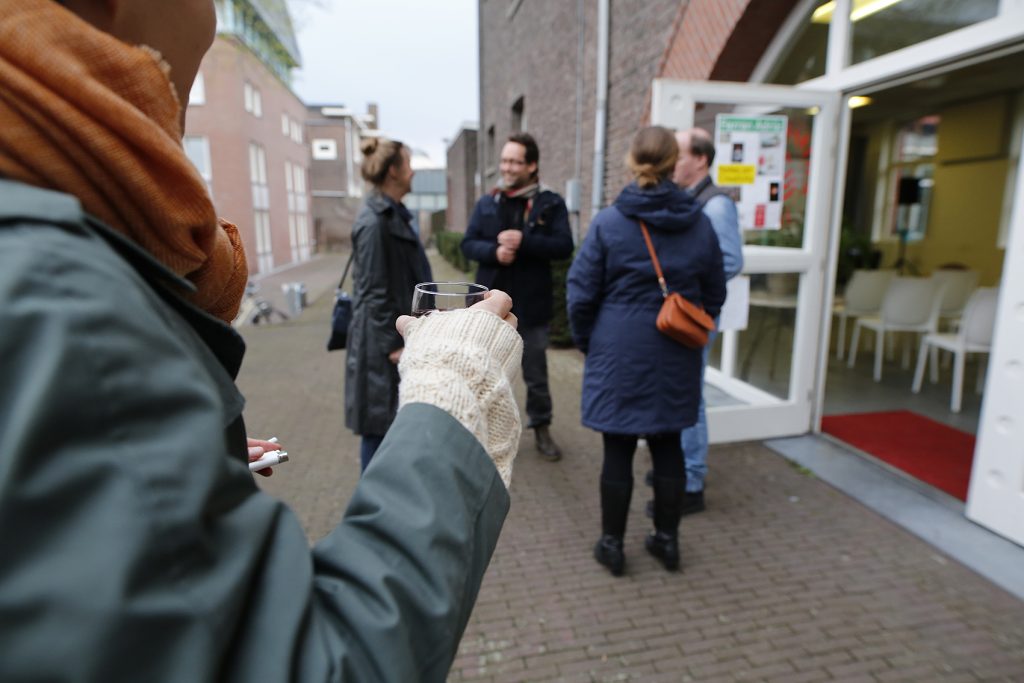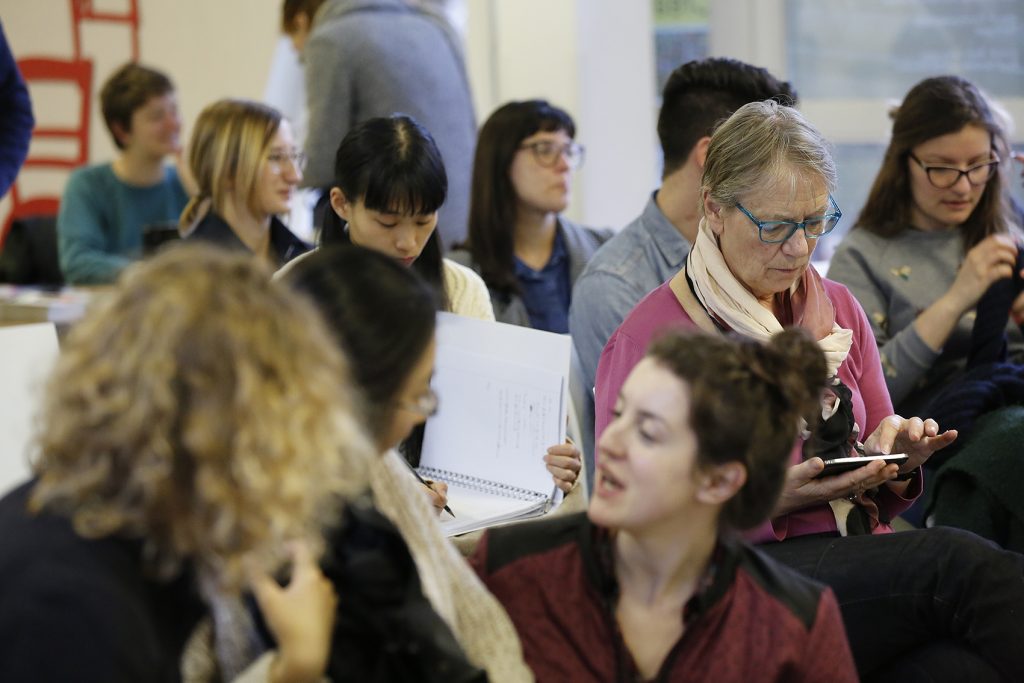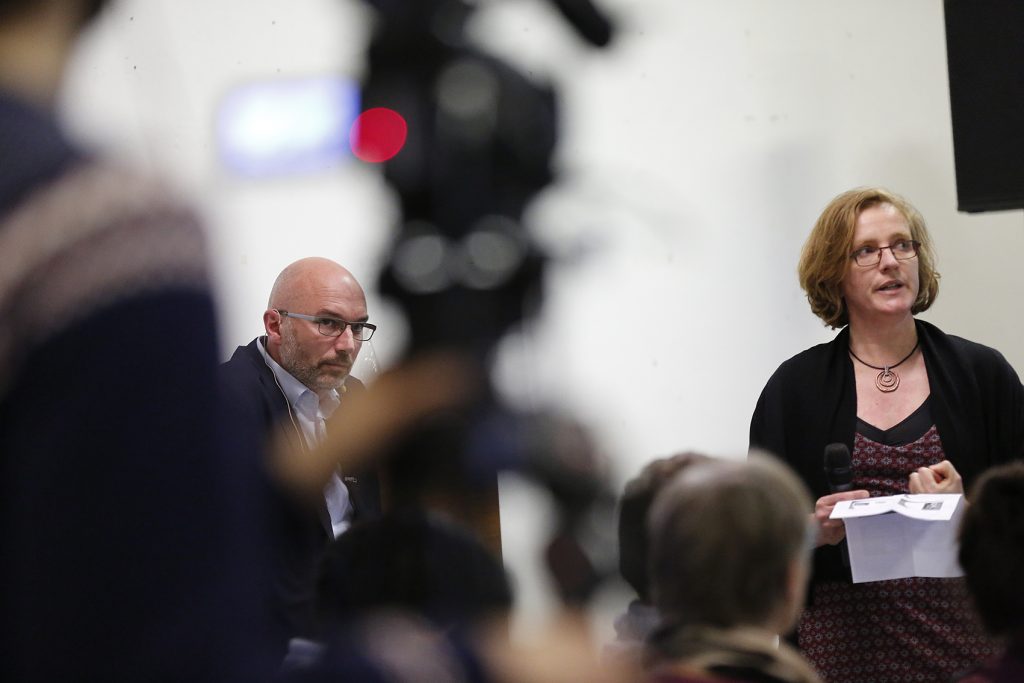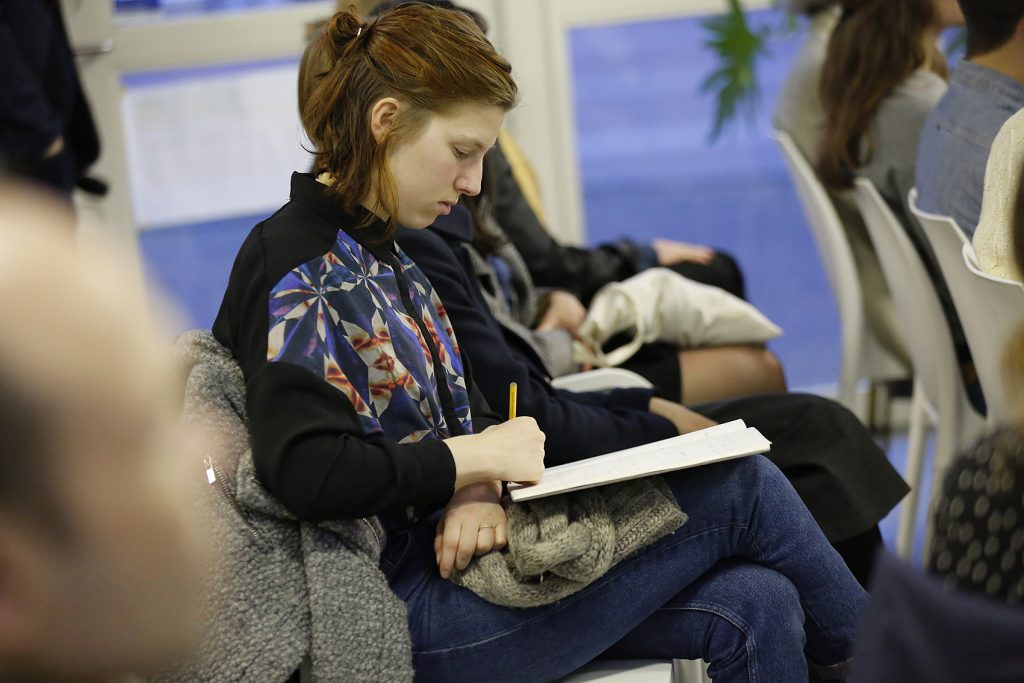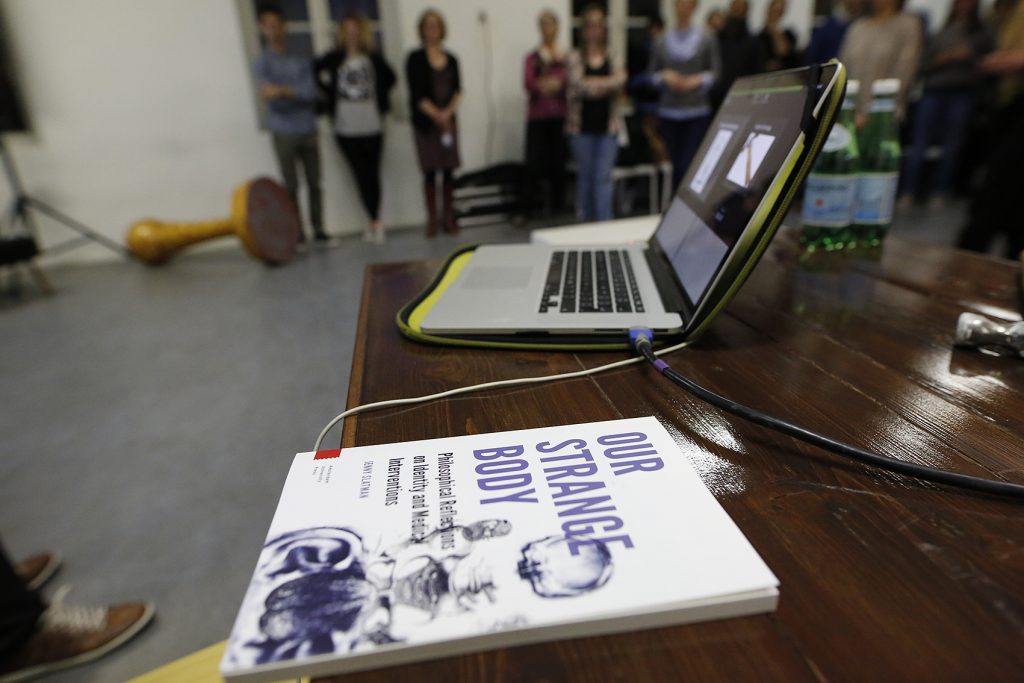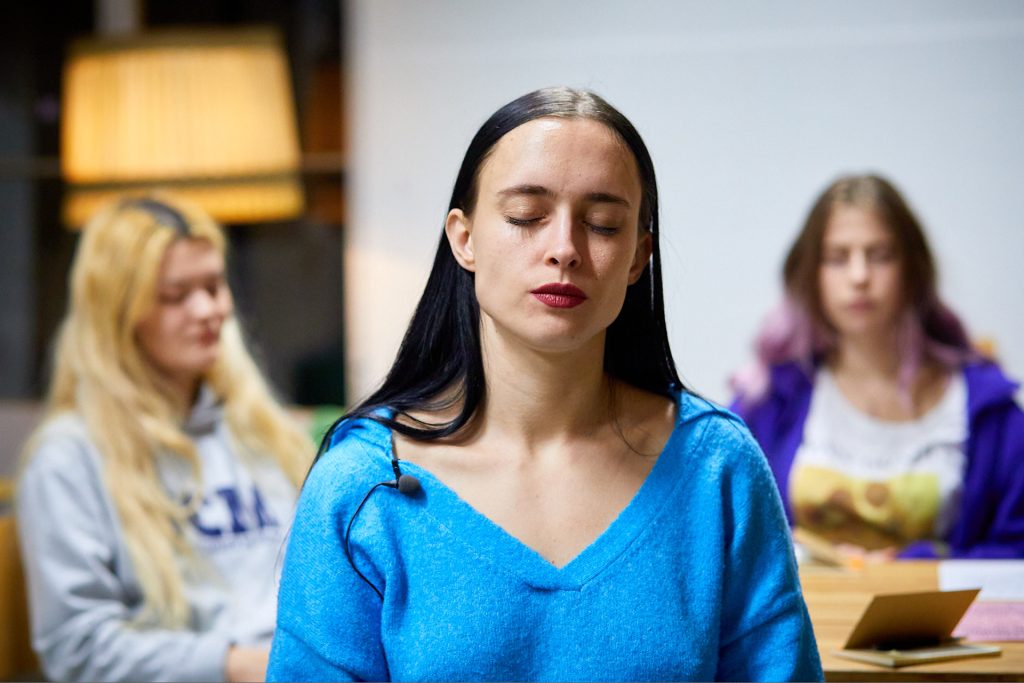Date: March 30th
Time: 7 – 9 PM
With: Jenny Slatman and Kenneth Meijer
Location: Kunstkwartier 6211, Misericordeplein, Maastricht
The perception of heat, cold and pain, of being touched or moving our body, causes us to experience our bodies as inalienably ours. Yet other sensory experiences may cause us to suddenly perceive our body as strange and question the boundaries between our own and someone else’s body. Experiments demonstrate that we can easily fool ourselves into experiencing a fake hand as if it were part of our own body. Drawing on her own research, Jenny Slatman discusses various ways of experiencing one’s body, including illusionary ones, and explains them in terms of a dual sense of localization. Our embodied existence is open and confined at the same time because of its simultaneous being “here” and “there”. These concepts also provide input for new rehabilitation therapies. Kenneth Meijer presents some of the rehabilitation lessons learned at the new virtual reality lab(CAREN), where illusions are used to probe the human muscle-skeletal sensory system for basic research and diagnosis.
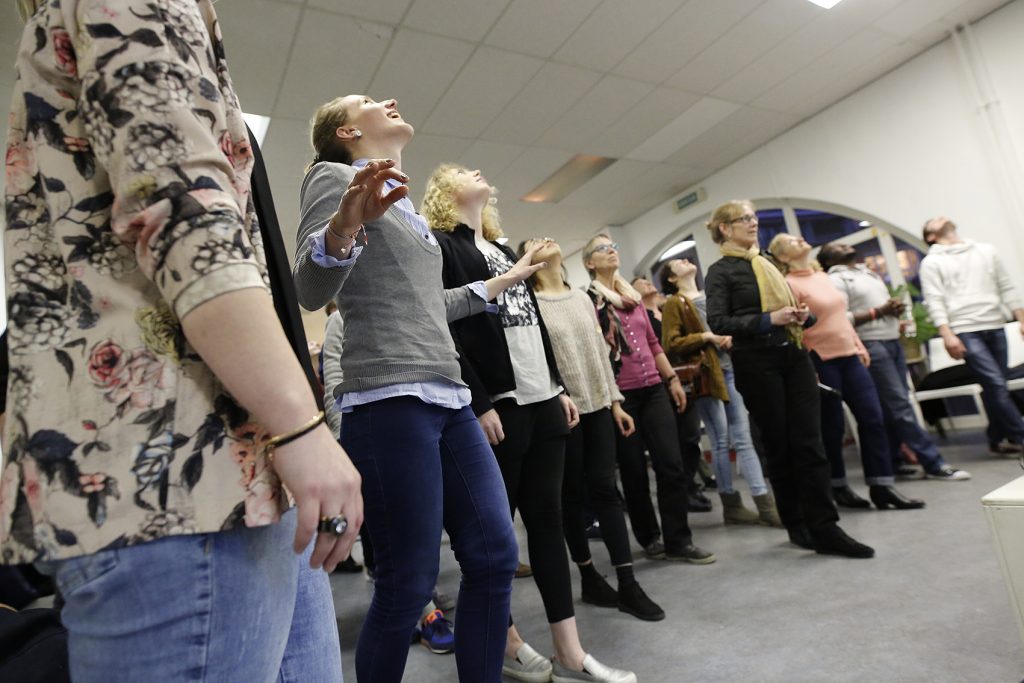
Jenny Slatman
Jenny Slatman (1969) is a philosopher interested in sensory phenomena related to the body, including body image disturbances, bodily integrity, blemishes and disfigurement. She has worked with bodies, both as a physiotherapist and a philosopher, in Amsterdam and Paris. She currently works as an Associate Professor in the Department of Health, Ethics and Society at Maastricht University. A recent work by Slatman is Our Strange Body. Philosophical Reflections on Identity and Medical Interventions (2014).
Kenneth Meijer
Kenneth Meijer (1968) is Associate Professor op dKenneth Meijer (1968) is an Associate Professor in the Department of Human Movement Sciences and Human Biology at Maastricht University and Director of the Human Performance Laboratory. His research focuses on the neuro-mechanics of human movement and identifies how humans balance stability and economy during locomotion. New technologies, including the new virtual reality lab, are essential to the understanding of ways in which the sensory system contributes to this balance.
